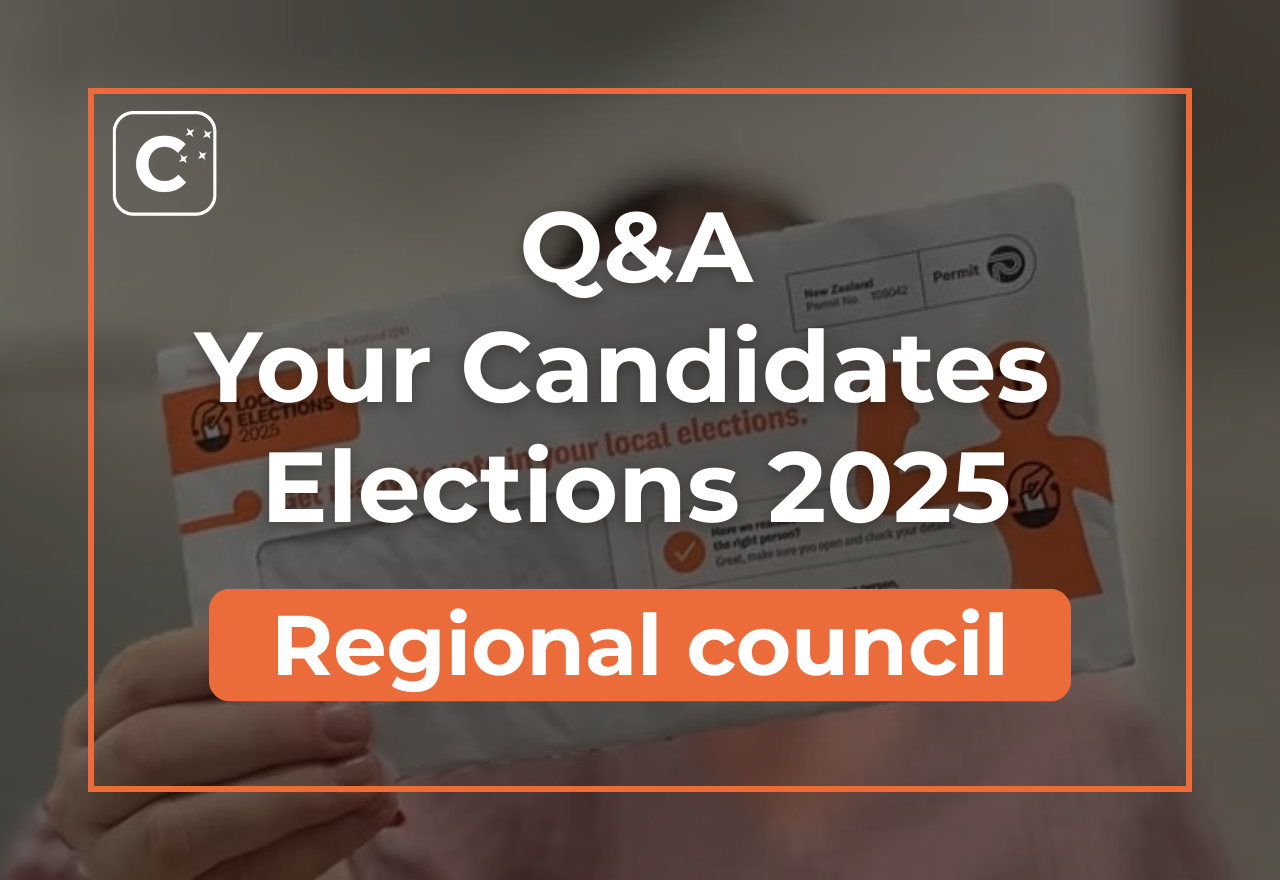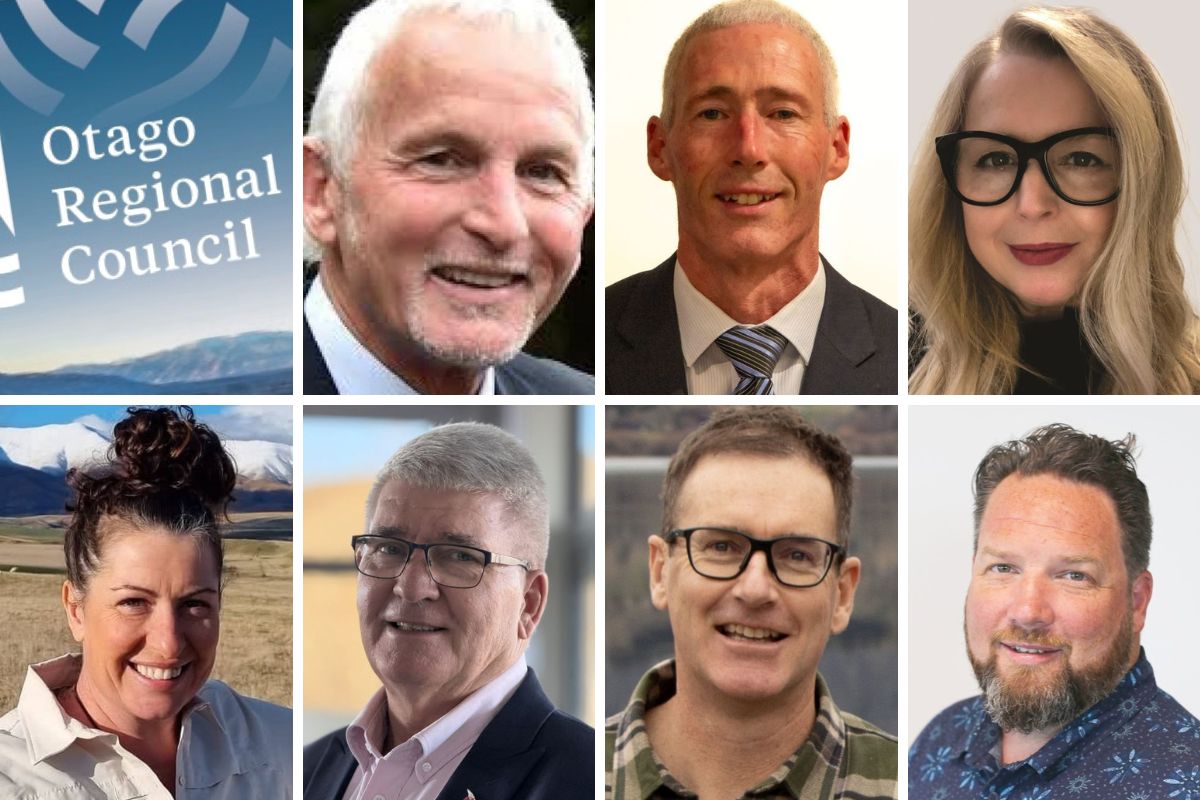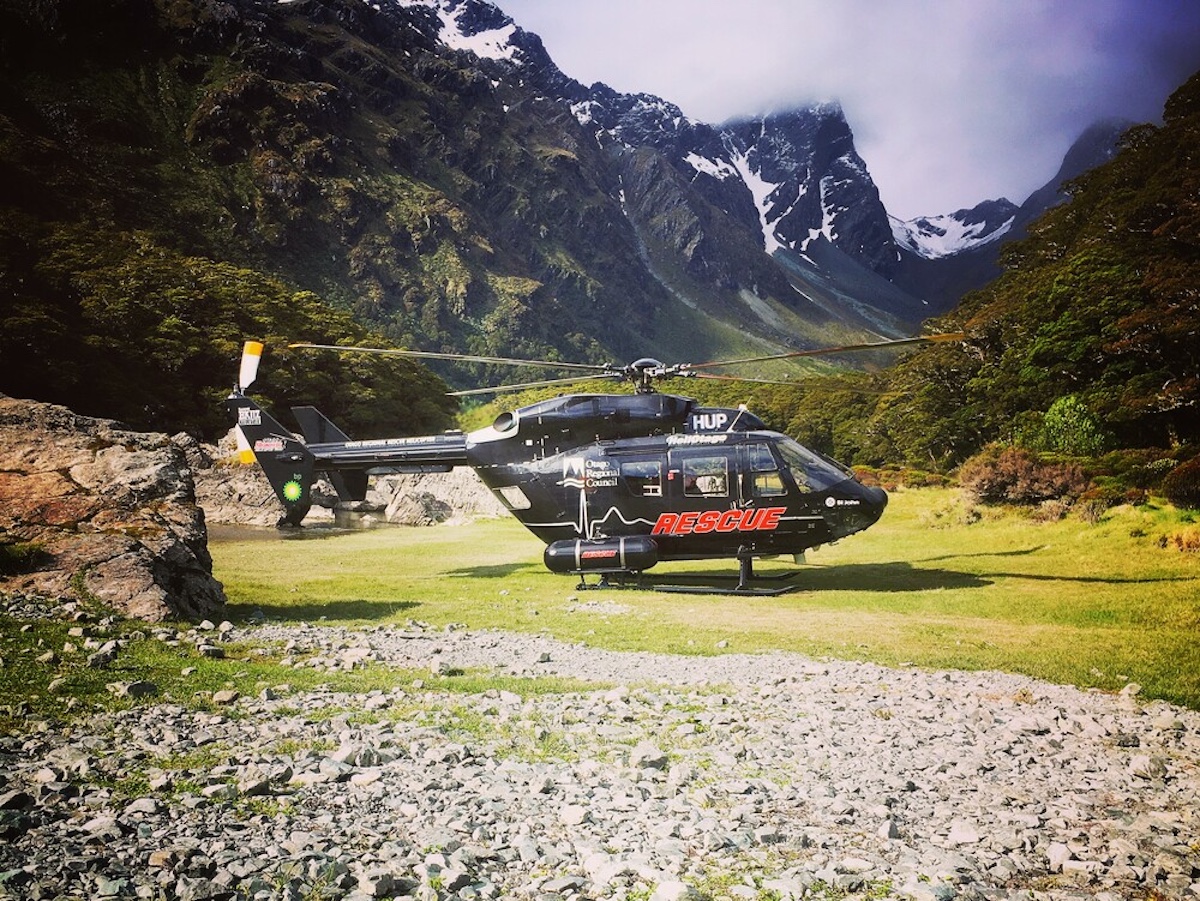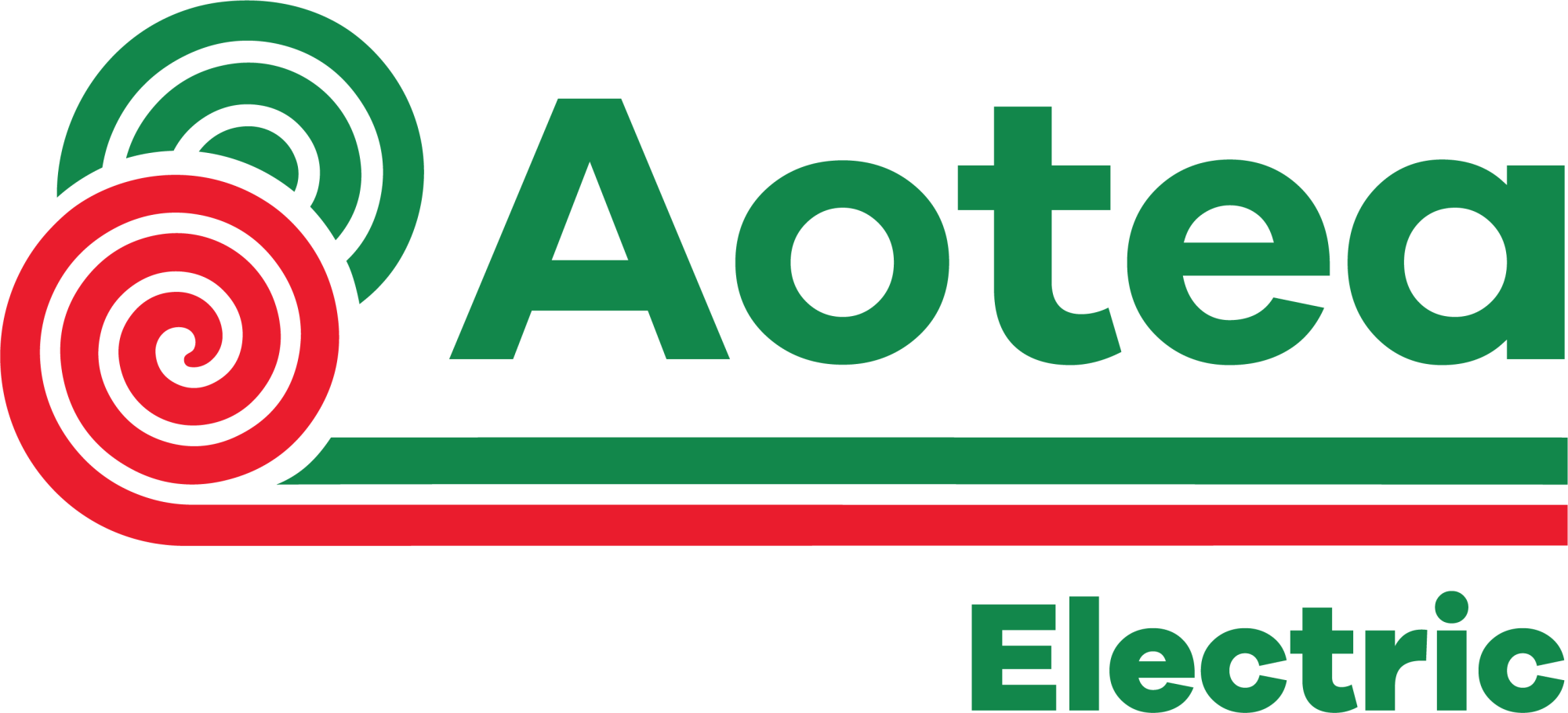Regional council candidates identify priorities
26 September 2025, 5:30 PM

The Central App asked the seven candidates for four seats on Otago Regional Council’s (ORC) Dunstan constituency about their priorities for the region’s Long-Term Plan (LTP).
When you sit down to set the next LTP or Annual Plan, what’s your framework for balancing rates, debt, and service levels? Please name: one service you’d protect even under pressure, one area you’d scale back or defer, one new investment you’d prioritise.
Here’s how they responded:
Ben Farrell:
“A framework that ensures councillors are properly informed (by staff, independent advice, and ratepayer surveys) of the actual impact on rates, debts and service delivery over recent years and going forward. I don’t think those campaigning on reducing or capping rates is overly helpful – ORC has statutory requirements and stakeholder obligations to provide certain services, so we should be focused on ensuring we can provide those services to the best of our abilities within reasonable budgets - not the cheapest for us that will inevitably increase costs on future generations.
“One service you’d protect even under pressure: freshwater monitoring.
“One area you’d scale back or defer: regulation that duplicates regulation imposed by other councils (for example earthworks and vegetation clearance provisions).
“One new investment you’d prioritise: public transport services.”
Neil Gillespie:
“The 2024-34 ORC Long Term Plan (LTP) sets out a vision for our environment and communities to be healthy and connected from the mountains to the sea. It details work programmes with six focus areas: Partnership, Communities, Environment, Resilience, Climate and Transport. Next year 2026/27 is Year 3 of that plan and council will have the opportunity to review the work programmes for these focus areas and confirm or revise them.
“Significant reforms are expected in the regional council space between now and then with the Resource Management Act review/replacement that’s been threatening for many years now as well as the structure of local government that may very well determine the future of regional councils.
“Whatever transpires from these reforms will most likely result in significant changes to the 2026/27 work programme so I’d expect new investments will be required in all of the focus areas to effect any changes that are introduced.
“The key focus area to protect is in the environment area where it’s essential that the ORC is doing the right things for people to ensure the Dunstan Constituency and Otago remain places that provide future generations with an environment where our resources are sustainably managed by making balanced decisions that reflect the ‘big picture’ views of the entire community.
“The ORC’s role in transport is an area that I think needs closer scrutiny to ensure the level and source of ratepayer funding is appropriate for the services provided. That then begs the question as to whether the ORC is the best entity to deliver the transport functions it currently undertakes?
“And of course, the most significant consideration is that any changes ensure that the level of rating income reflects the needs and aspirations of the community.”
Matt Hollyer:
“My framework for making decisions when setting plans is making sure that decisions include not just prioritising areas of work, but also knowing the true cost of doing something, and the cost of not doing something - and therefore knowing what would be passed on to future years/decades/generations.
“My main considerations when balancing expenditure, service levels and rate pressures is ensuring value for money for ratepayer funds. Accepting that manageable debt can be a good thing when the spending is on something now that may lead to large savings in the future.
“Service to protect: biodiversity protection.
“Service to scale back: how do we embrace technology to ORC services to bring efficiencies and effectiveness
“New investment: delivery of the catchment action plans already developed and creation of catchment action plans in the areas not yet established.”

ORC Dunstan constituency candidates (clockwise from top): Michael Laws, Gary Kelliher, Nicky Rhodes, Ben Farrell, Matt Hollyer, Neil Gillespie, and Amie Pont.
Gary Kelliher:
“The Rescue Helicopter contribution made annually by ORC is a definite must retain to me. And I want to see an annual inflationary increase of this contribution.
“Staff numbers are too high and I have twice attempted motions to reduce staff but these were not supported by a sufficient number of councillors. More need to agree with these actions to reduce rates.
“We have to look at the best options forward with the substantial investment portfolio the ORC holds. And we need that investment to reduce the rates burden of the ridiculous new Dunedin office building.”
Michael Laws:
“The ORC has no effective debt. None. It has a 100 percent ownership of the Port of Otago returning $15M of dividend every year. It has no infrastructure, bar flood banks and pump stations. Yet it has raised its rates over 20 percent average every year for the last six years, and more than doubled its full time staff. To what effect? I've consistently opposed these rate rises and staff increases. So has Cr Gary Kelliher. We've been a minority voice. Which is why we've associated with Vision Otago this election, to effect real change around the council table.”
Amie Pont:
“Balancing rates, debts and service levels: We need to make sure that putting off investment in infrastructure or deferring depreciation doesn’t hit us as some sort of ‘surprise’ as they seem to. However, no matter who you vote for this election, next year your rates will increase at a far decreased rate than over the last two years. No more double-digit rate rises. That’s already predicted and covered in the Annual and Long-Term Plans. The actual ability to reducing rates payments are extremely low and even capping could be detrimental to appropriate growth.
“New 30-year plans allow time to source additional funding and infrastructure costs are covered generationally. We need to look ahead and anticipate these hugely harmful rates spikes especially when inflation is so high. Where are these potential areas which will need investment down the track? Let’s get onto that now.
“One service you’d protect even under pressure: Catchment work and the resulting work controlling wilding conifers and pest animals and plants is vital. Our environment is our economy and if we leave things for much longer, we will regress at an increased rate. I am an advocate for continued support of catchment work and the momentum it has gained. Successful farming and a healthy environment can happen together. It’s not one or the other. Substantial work through Wai Wānaka, Upper Taieri Wai & Tiaki Maniototo, Manuherikia and the Upper Lakes Integrated Catchment Group are already showing results. I would protect the ECO Fund but I want to see more transparency on who gets the funding and how it is spent.
“One area you’d scale back or defer: We need highly skilled people at every level making such big decisions on behalf of our rate payers, but the model of ORC needs to be looked at. I think we need to look at it as more of a business model. If we can save on contract/staff efficiencies, then we should. It is important ORC have a high level of skilled staff, and they are paid accordingly to be so. Continued review of efficient and effective staffing/contracting will identify more opportunities for staffing synergies.
“One new investment you’d prioritise: I would like to understand more about our regional conversations around major projects for Otago. I understand global warming science, but struggle to see how overseas companies purchasing our whenua/land to off-set their carbon ommissions are beneficial to ratepayers when we are the ones who must live with it. Where are the regional conversations about how we are going to hold the lead on solar farms, forestry and mining investment? I am not against growth, but we should be able to control and benefit from these huge projects more than we are, especially if consent leads to land use change for an entire area or existing legislation (covenants etc) can just be ignored. That is setting a precedent I am not comfortable with.”
Nicky Rhodes:
“I understand that ORC has no effective debt yet has an excellent source of income with ownership of Port of Otago – this needs to be maximised for the benefit of the whole region. Running with the experience of Cr Michael Laws, Cr Gary Kelliher – who have opposed rates increases over the past two terms – and former councillors Carmen Hope and Hilary Calvert, if we are all fortunate to be elected, we feel we can effect some real change for the rate payers of Otago, through a range of common sense policies and fiscal responsibility.”
Photos: Supplied
NEWS







